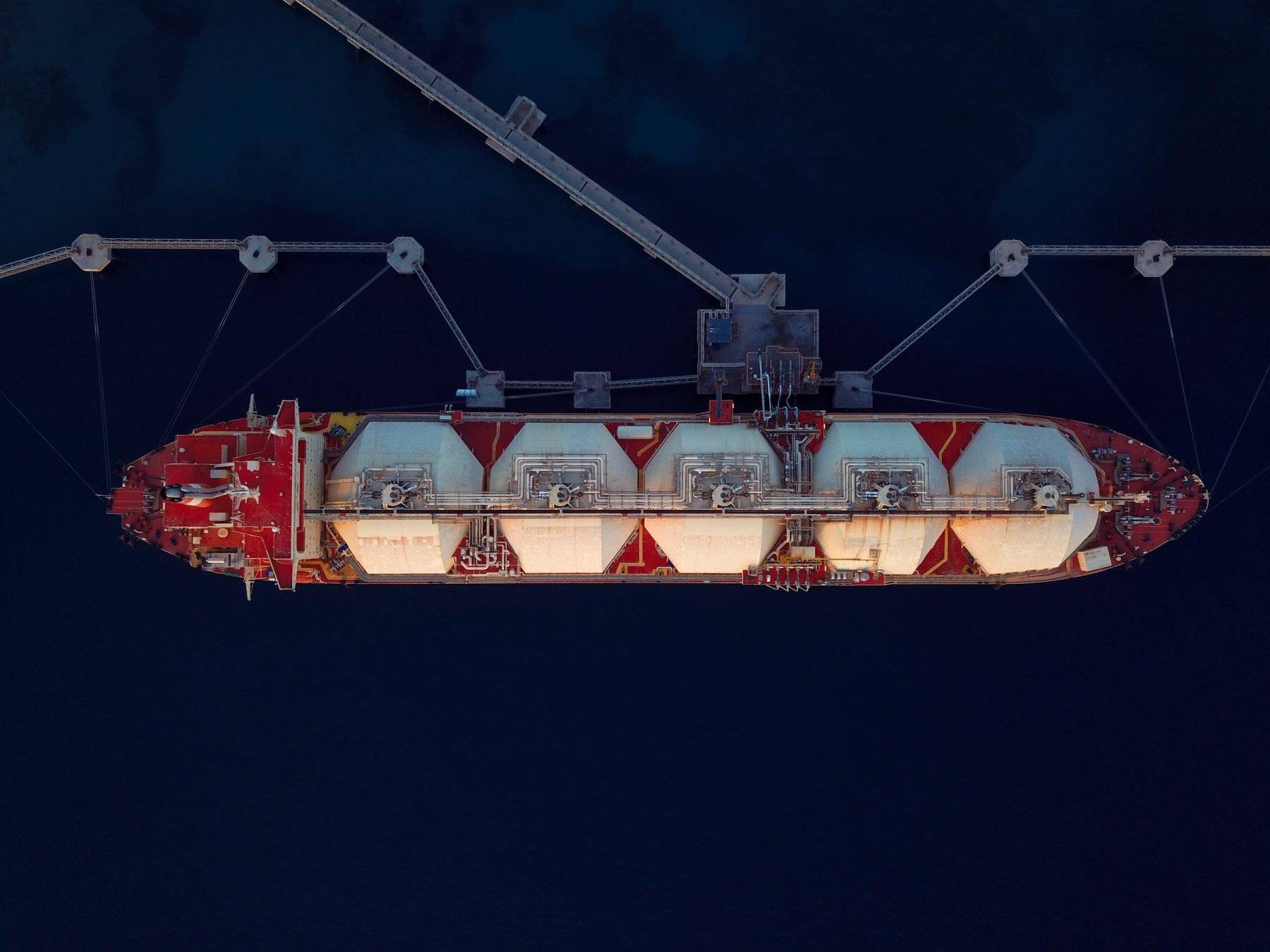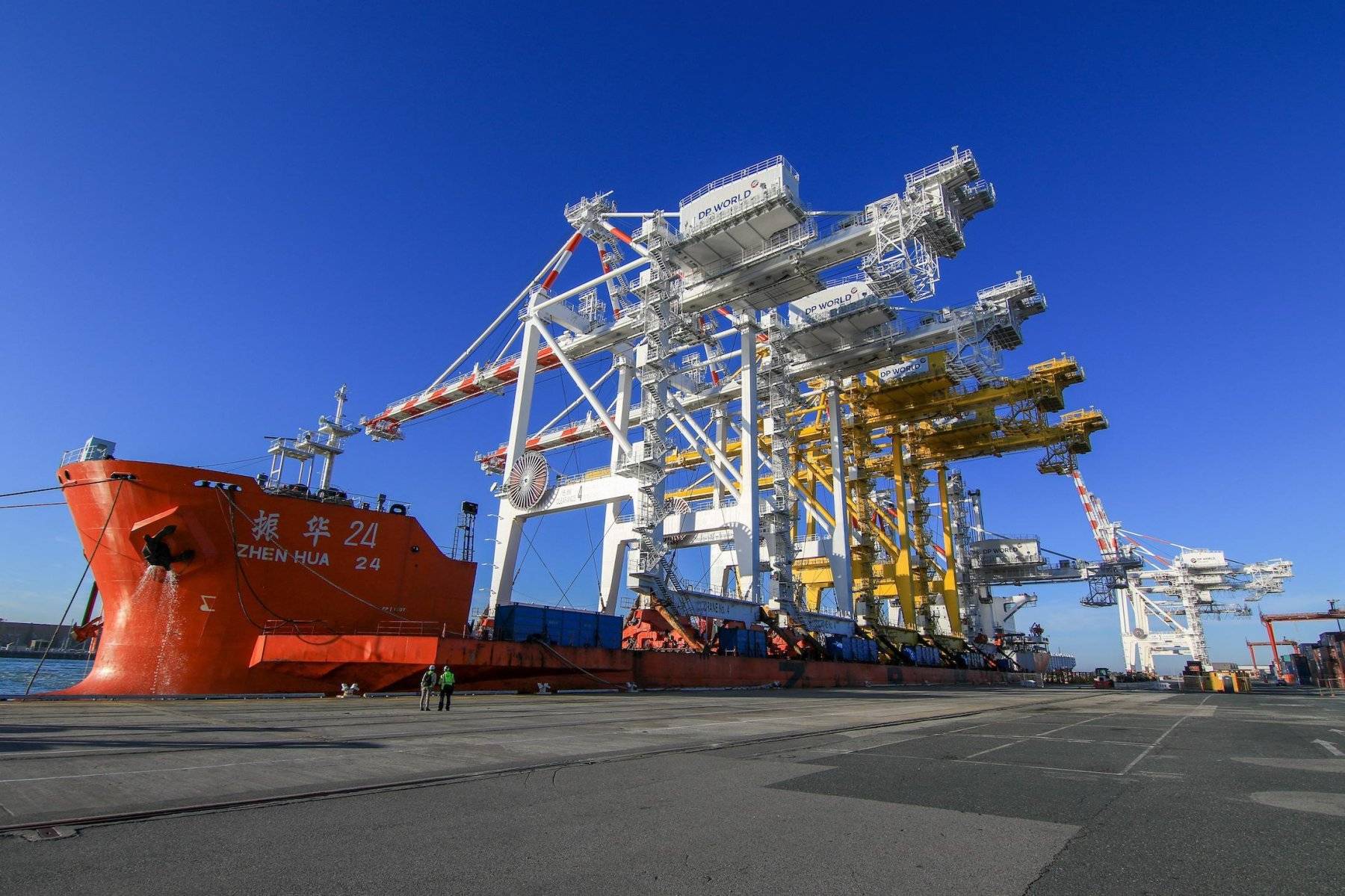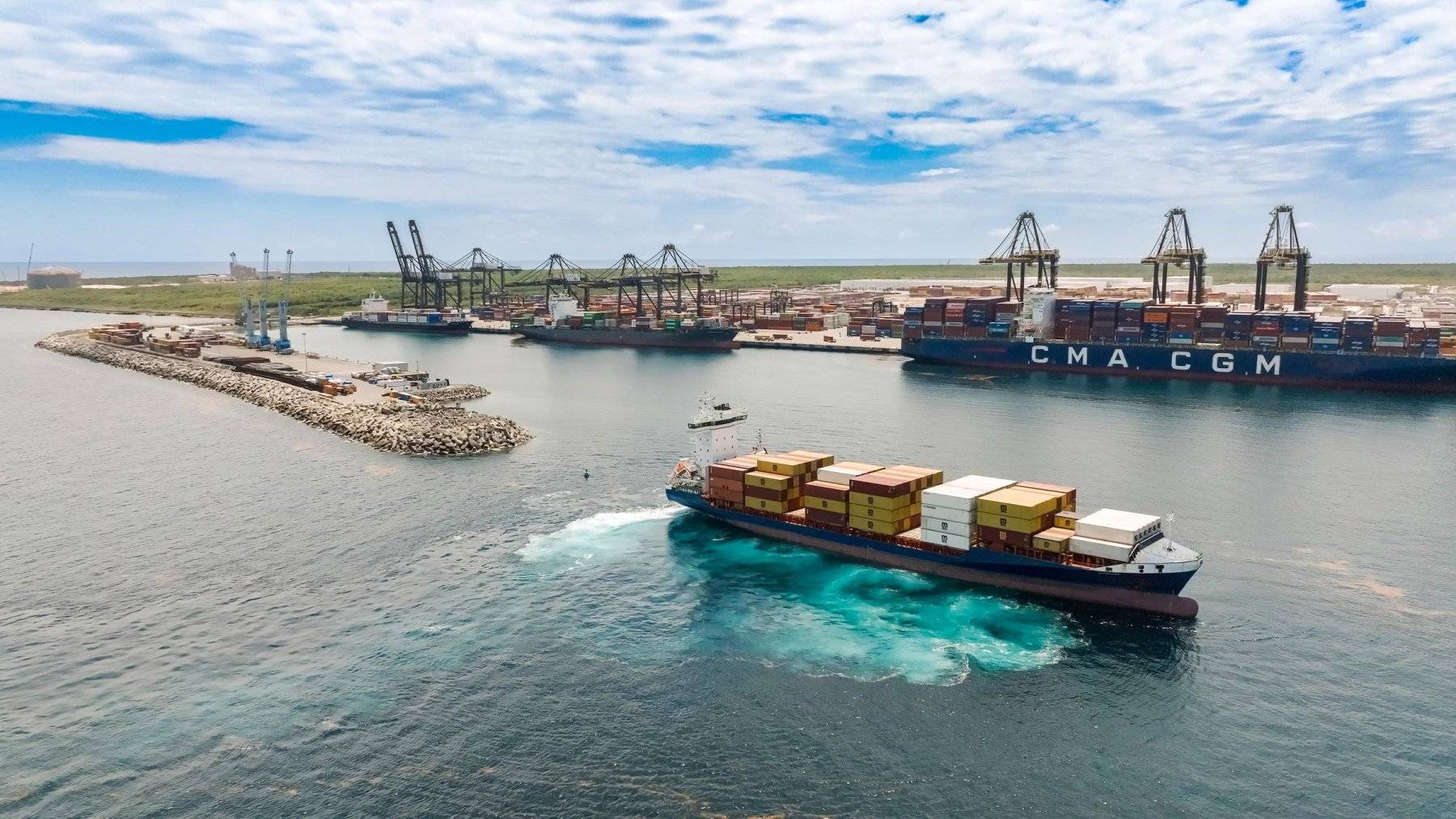How is the safety of the vessel determined? What authorities' agents supervise the technical support of equipment, preventing accidents during shipping?
The international practice of Classification Societies and Shipping Registries approves the satisfactory condition of the vessel and supervises the fixing of emergency risks. Let’s consider the specifics of the activities of both institutions.
Definition of Classification (Registration) Societies
Classification societies are known as private enterprises that are called upon to certify the seaworthiness (register and assess the characteristics) of vessels. The characteristics are established, and the rules of construction are fixed based on the rules of international conventions.
Also, the Institute of Surveyors is an authority that helps evaluate vessels according to their established characteristics by conducting qualification surveys.
International practice demonstrates that more than 90% of the world's merchant shipping tonnage is under the jurisdiction of IACS member societies. The International Association of Classification Societies is the most significant international body that manages building specifications and implements vessel maintenance standards. The IACS includes all national registries and operates in support of the IMO.

Accordingly, the instructions of any classification society are universally recognized and act as the only valid technical reference.
What are the functions of Classification Societies?
Consider the services provided by Classification Societies around the world:
- Classification Societies establish and independently issue rules for the classification, safety, and construction of vessels;
- verify the availability and validity of classification documentation for new and re-equipped vessels;
- supervise the construction, receiving, repair, and re-equipment of vessels;
- carry out periodic surveys of vessels currently in operation;
- register vessels in the Shipping Register.
Representatives of a classification society operate on a commercial basis, as they charge a fee for inspecting a vessel and assigning it a technical class. In these circumstances, it is best to contact a logistics specialist who will calculate the freight rate of your cargo shipment, including all additional fees, to avoid unexpected charges.
Types of Shipping Registers' operations
Shipping Registries are state-owned enterprises necessary to ensure the safety of maritime transportation.
Registries also operate in accordance with ISO and other standards, such as ISO/IEC 17020.
The following are the measures to ensure the safety of navigation at this level of supervision:
- Shipping Registries carry out technical supervision of the vessel in operation by conducting regular and unscheduled inspections;
- provide a technical inspection to ensure environmental safety;
- perform monitoring activities to approve the implementation of conventional vessel certification on behalf of Maritime Administrations;
- Shipping Registers are authorized to approve the design and technical documentation;
- manage technical supervision of vessel construction, re-equipment, and repair of vessels (their machinery, equipment, related devices, refrigeration units, containers, etc.;)
- issue documents on the suitability of vessels and safety during sailing;
- representatives of Shipping Registries are responsible for the examination of the vessel's technical condition (and relevant regulatory documents);
- keep the Register Book for the accounting of supervised vessels.
Draft standards, technical specifications, guidelines, and other regulatory documents on vessel repair, building, and technical operation of the fleet will also be approved with the assistance of the Shipping Registries.
Moreover, Shipping Registries are authorized to carry out technical supervision of hydraulic structures in ports, shipbuilding, repair workshops (regardless of ownership), and other industrial and transport facilities (on behalf of the local Ministry of Infrastructure).

While the Classification Society issues a certificate assigning a vessel class, the Shipping Register also issues other regulatory documents:
- instructions
- manuals
- information and explanatory materials on technical supervision, measurement, accounting of vessels, shipbuilding, and shipping
- conformity assessment of products, processes, services, systems, and personnel (as a body accredited in accordance with the procedure established by law)
- etc.
For the accurate performance of all duties, the Shipping Registers are represented in the territories of the countries by inspection stations and offices.
The case of vessel damage: The concept of technical class
The technical class is an approval of the vessel's safety and seaworthiness.
As a rule, a technical certificate (class) is granted for a period of up to 5 years. The classification society must conduct surveys of the vessel, including after the expiration of the class for its renewal. Such inspections are also accompanied by recommendations for repairs to be carried out on the vessel.
However, in the event of any accident, the class is lost.
Damage to a vessel is the primary reason to involve a classification society because of the important function of assigning a vessel's class.
A vessel receives a class from a classification society as a sign of its safety and seaworthiness. Any damage to the hull or essential parts of the vessel, such as the rudder, propeller(s), engine, etc., will result in the class being suspended.
For the further registration of a damaged vessel, the relevant classification registry will determine whether the vessel has been properly repaired to renew the class.
Conclusion
Knowing the principles of operation of Classification Societies and Shipping Registries is necessary to timely respond to possible difficulties during transportation. However, with the best All-in-One shipping services and an individualized quote for your transportation from experienced professionals, difficulties will not arise.
Contact us with any questions at [email protected] to assist with your shipping needs.

